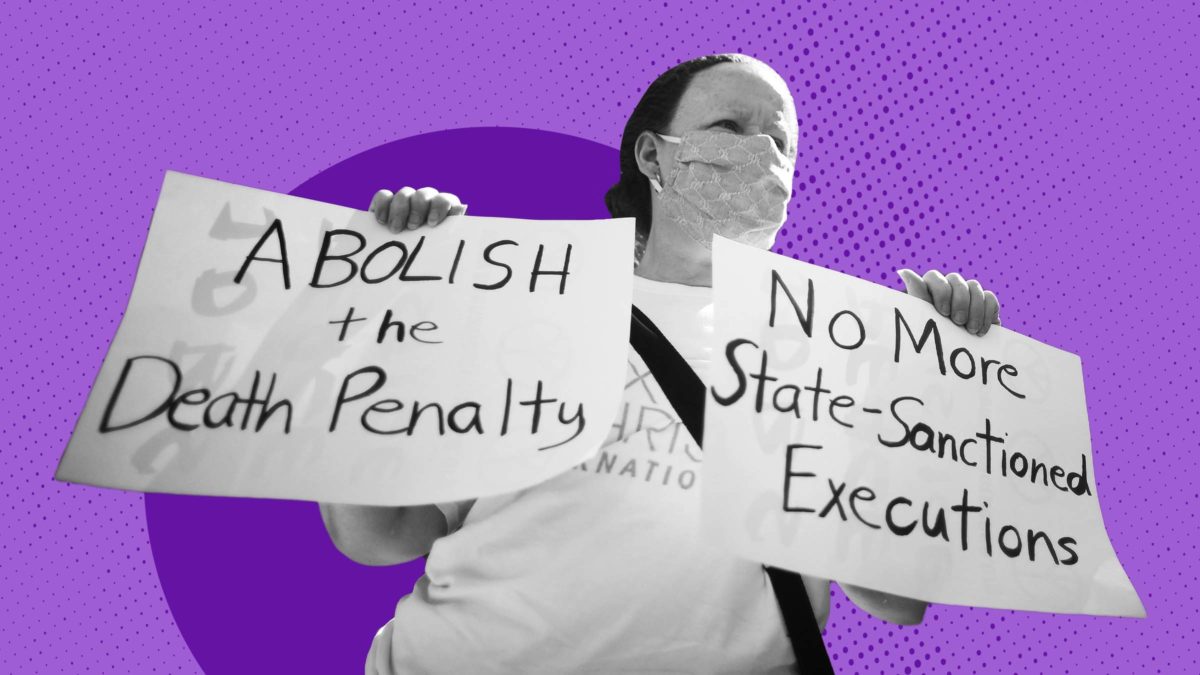On Monday, the Supreme Court declined to review the case of Kristopher Love, a Texas man who asked the justices to revisit his conviction delivered by (at least) one obviously racist juror. During jury selection for Love’s trial, one prospective juror asserted that “[n]on-white” people were statistically more violent than white people. “Statistics show more violent crimes are committed by certain races,” he said. “I believe in statistics.”
Yet the trial judge, over the strenuous objections of Love’s lawyer, nonetheless allowed this individual to be part of the jury that ultimately sentenced Love to death. The Court’s decision to ignore his plight is a stark reminder of the ever-widening chasm that exists between law as it is written and law as judges enforce it, and the deficiencies in the criminal legal system that do not guarantee defendants of color an impartial jury.
After his conviction in 2018, Love appealed to the Texas Court of Criminal Appeals, the state’s highest court for criminal matters. That court, however, held that because the trial court had allowed Love two additional peremptory challenges that allowed him to dismiss prospective jurors without explanation, denying Love a third challenge to strike a prospective juror who believes non-white races are “more violent” did not cause Love any harm. Peremptory challenges and “for cause” challenges are two separate entitlements: The former allows defendants to exclude potential jurors without explanation, and the latter, as the name suggests, is for jurors who cannot, for some specific reason, rule impartially. Denying Love a for-cause challenge because he previously got extra peremptory challenges is like an employer refusing to honor an employee’s vacation time because they used all their sick days.
Justice Sonia Sotomayor, joined by Justices Stephen Breyer and Elena Kagan, penned a dissent criticizing the lower court’s reliance on “an inapposite state-law rule” to avoid analyzing whether his Sixth and Fourteenth Amendment rights were violated. As Sotomayor noted, the Court’s precedent here is not complicated, and dictates that the presence of a racially biased juror is cause for a new trial. “An already-expended peremptory strike is no cure for the seating of an allegedly biased juror,” she wrote. “The state court thus deprived Love of any meaningful review of his federal constitutional claim.”
At the Supreme Court, Texas argued that the lower court’s analysis rests on “independent and adequate state grounds,” thus foreclosing federal judicial review of Love’s case. This logic fits neatly into the history of state courts warping state law in ways that limit constitutionally guaranteed rights, particularly when those asserting their rights are members of marginalized communities. That the Court is uninterested in shutting down Texas’ maneuvering here betrays the justices’ lax attitude towards states that seek to cut constitutional corners whenever they feel like it.
At this point, every forum in which Love has made his case has failed him. The task of determining each prospective juror’s impartiality may be “challenging,” Sotomayor wrote, “but it must be undertaken, especially when a person’s life is on the line.” If the trial court had done what it was supposed to do here, Love might have had a shot at a fair process. By failing to even consider his claims of racial bias, the Court has rendered these already-fragile constitutional safeguards meaningless.

